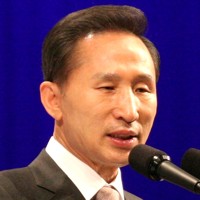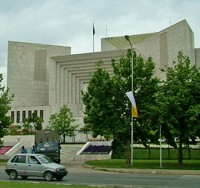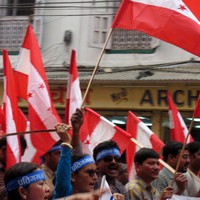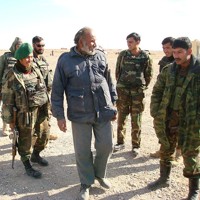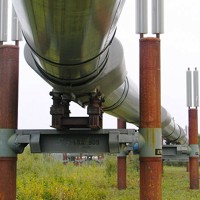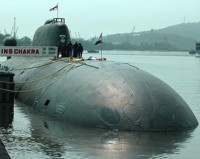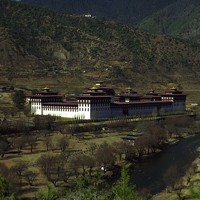
After Chinese Premier Wen Jiabao and Bhutanese Prime Minister Jigmi Y. Thinley met for the first time on the sidelines of the U.N. Rio+20 Conference in Brazil on June 21, Beijing announced that the two leaders had expressed their willingness to establish diplomatic relations between the neighboring countries. But Thimphu promptly disputed the report, saying Thinley and Wen had only discussed bilateral issues and multilateral cooperation, not diplomatic ties. The statement by China’s Foreign Ministry concerning the meeting reveals Beijing’s desperation to establish formal ties with the Kingdom of Bhutan, a tiny nation of about 700,000 people tucked between China […]

